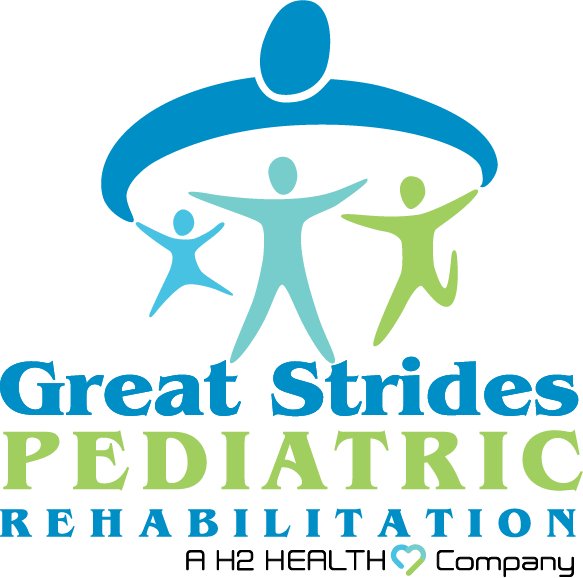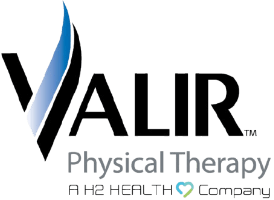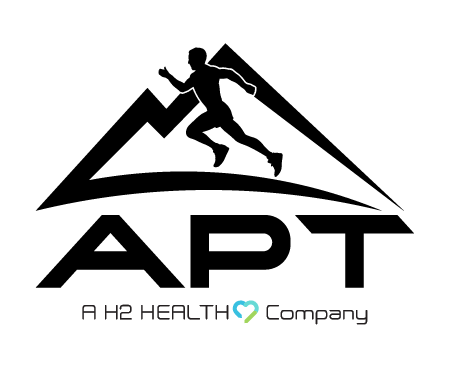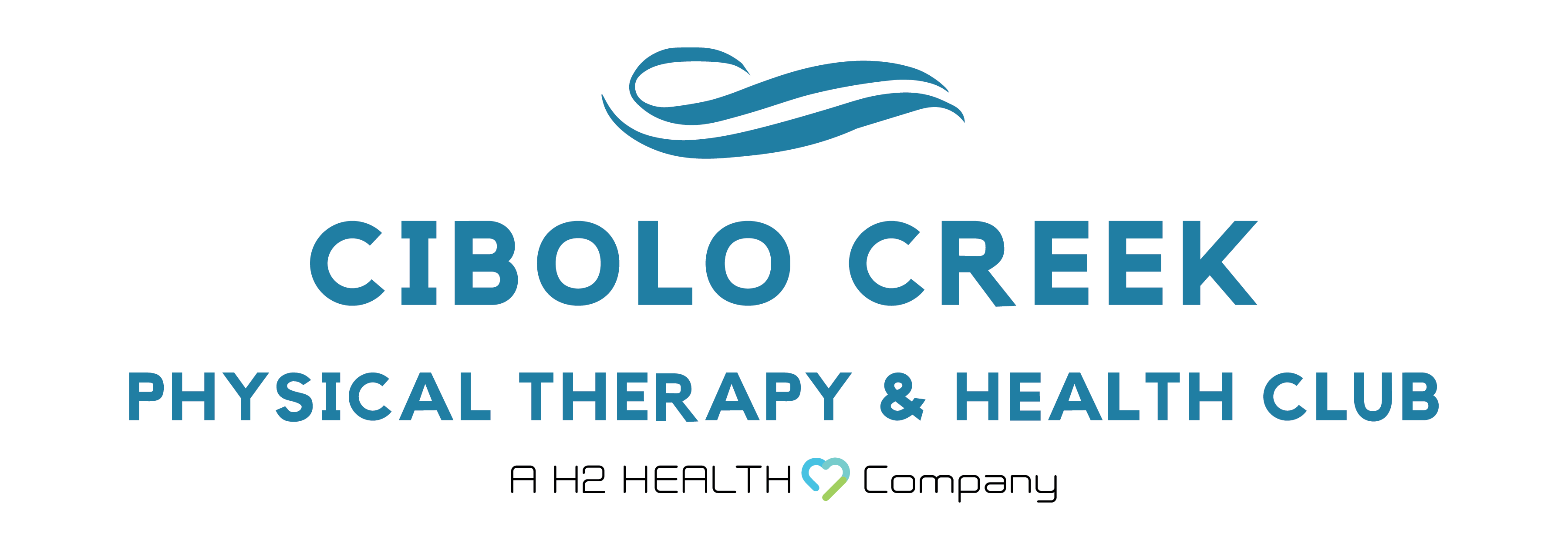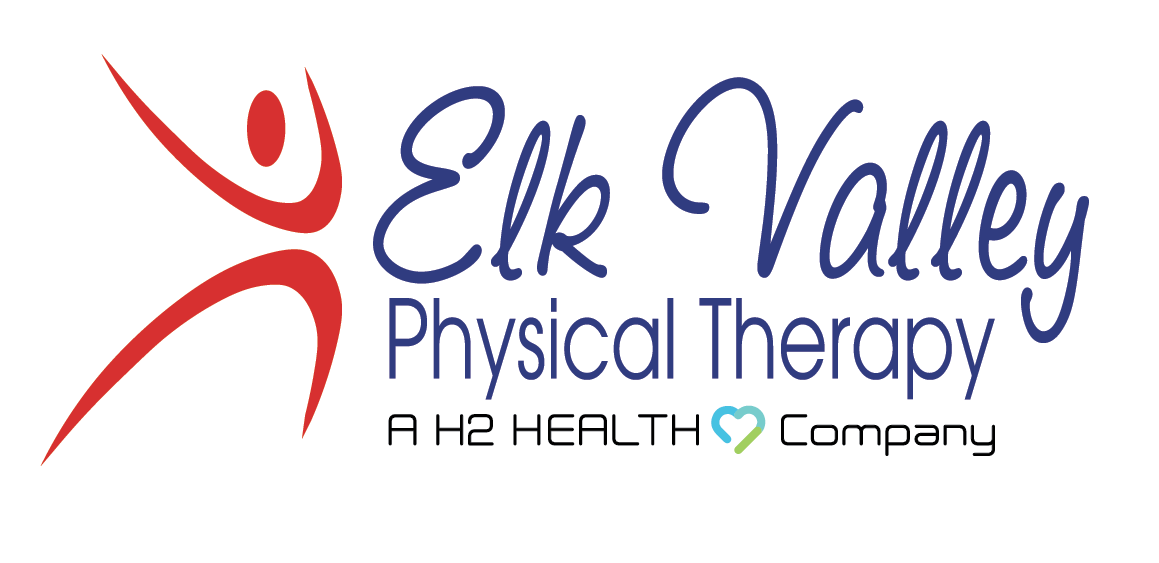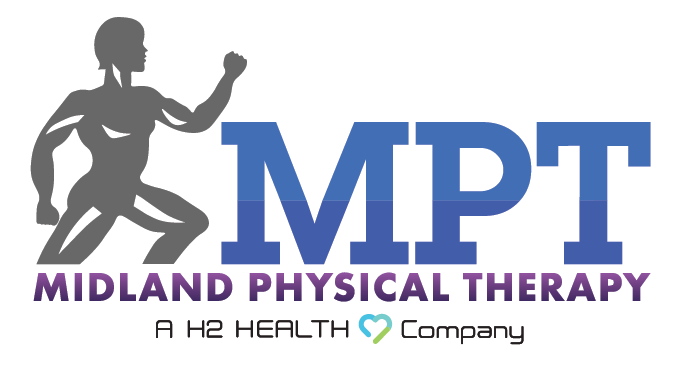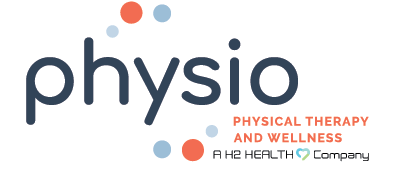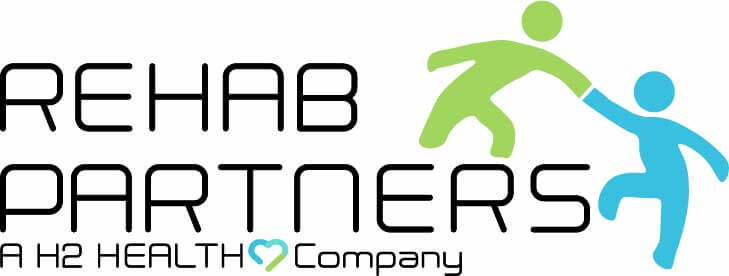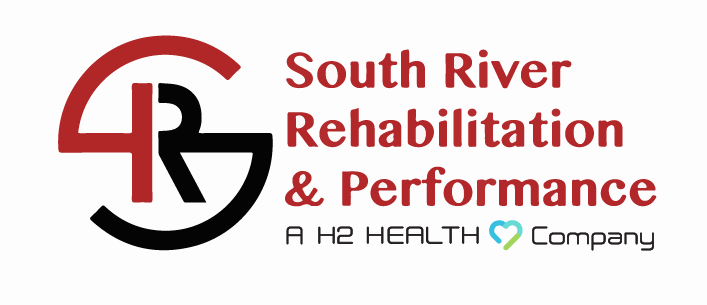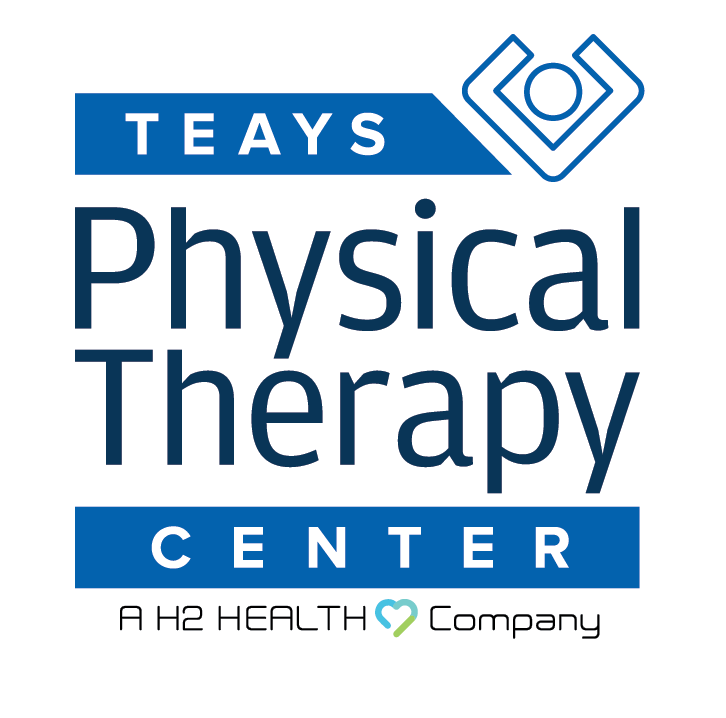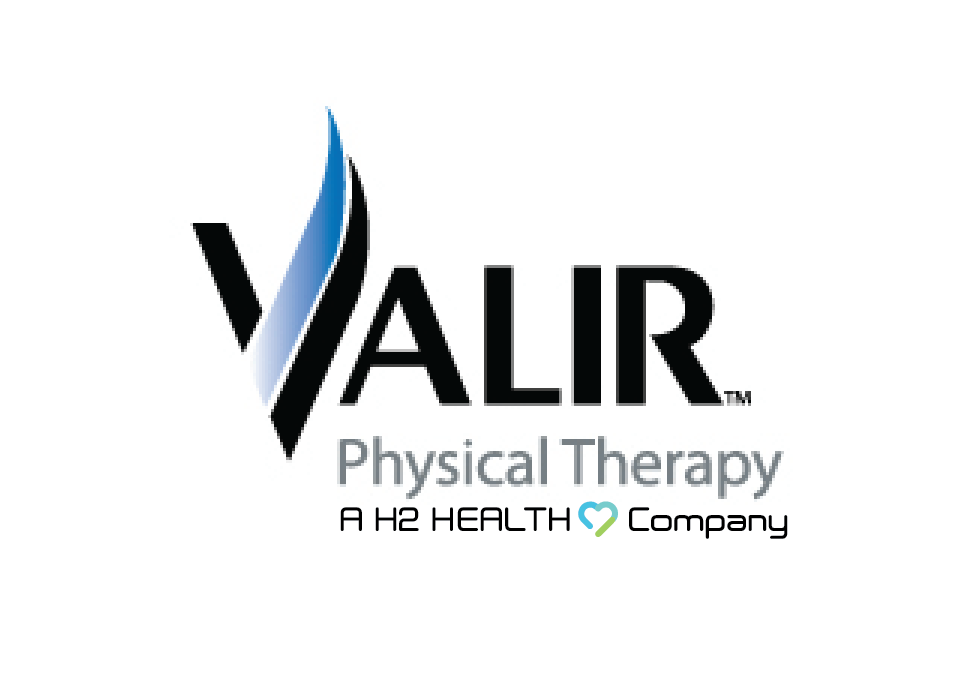
Caring for a loved one with dementia or Alzheimer’s disease is a journey filled with challenges, questions, and emotional strain. Fortunately, there are many resources for dementia caregivers—from national organizations to local support groups—that can provide practical guidance, emotional support, and community. In this article, Health Prime Living & Senior Services explores key resources, how to find local support, and tips to make the caregiving journey more sustainable.
Why Having Solid Resources Matters
- Dementia care is complex and ever-evolving; what works at one stage may not at another.
- Caregivers often experience high stress, burnout, isolation, and emotional strain.
- Knowing where to turn for trusted information or help can reduce mistakes, improve quality of life, and preserve your own well-being.
- “Resources for dementia caregivers” is more than just a search term—it represents the lifeline many caregivers need.
National Resources for Dementia Caregivers Worth Knowing
These are foundational, high-trust sources you can rely on anywhere in the U.S.:
Alzheimer’s Association
One of the most comprehensive national resources for dementia caregivers. Their site offers:
- A 24/7 helpline: 1-800-272-3900 for confidential support, referrals, crisis assistance, and information.
Alzheimer’s Association
- Local chapter locator (enter ZIP code) to find in-person programs and services.
Alzheimer’s Association - Support groups (virtual and in person) for caregivers and persons with dementia.
Alzheimer’s Association - Free downloadable resources (PDFs, guides) for caregivers, safety, communication, and more.
Alzheimer’s Association - Online tools: ALZNavigator™, ALZConnected® for community, and TrialMatch® for research opportunities.
Alzheimer’s Association
When someone asks “What are good resources for dementia caregivers?”, the Alzheimer’s Association is frequently among the first to recommend.
Alzheimer’s Foundation of America (AFA)
AFA offers caregiver support with:
- A national Helpline (866-232-8484), staffed by licensed social workers.
Alzheimer’s Foundation of America - Virtual support groups led by dementia-trained social workers.
Alzheimer’s Foundation of America - Educational webinars, articles, caregiver tips, and fact sheets.
Alzheimer’s Foundation of America
National Institute on Aging / ADEAR Center
This is a federal source of vetted, up-to-date dementia info:
- The Alzheimer’s Disease Education and Referral (ADEAR) Center (1-800-438-4380) provides publications, research news, caregiver guidance, and referrals to local services.
dshs.texas.gov - alzheimers.gov provides general background, tips, and “Find Local Services” guidance.
Family Caregiver Alliance
They focus broadly on caregiver support (not just dementia) but have a robust dementia section:
- Guides, tip sheets, educational resources for caregivers of persons with dementia.
- State-by-state caregiver resources and referrals.
Caregiver Action Network (CAN)
A national nonprofit that provides education and peer-support to family caregivers:
- Free resources, webinars, toolkits, and an online community.
- While not dementia-specific in all its offerings, CAN can be a helpful complement to more specialized organizations.
Others to explore
- AARP Dementia Support / Caregiving — general caregiving and dementia resources.
- Dementia Careblazers — includes caregiver survival guides, videos, blogs.
- Dementia Friendly America — community support movement to make local communities more dementia-inclusive.
How to Find Local Support & Services
National resources are essential, but real help happens locally. Here’s how to find local networks, support groups, and services near you:
-
Use Alzheimer’s Association’s chapter locator or ZIP-based search
Visit the Alzheimer’s Association site and enter your ZIP code to find nearby chapters.
These chapters often host support groups, educational workshops, respite programs, memory cafés, and other community events. -
Search for “support groups near me” + dementia / Alzheimer’s
Many local chapters run support groups in person and online. For example, the Alzheimer’s Association offers both virtual and in-person support groups. -
Contact your Area Agency on Aging (AAA) or Senior Services office
These agencies often maintain directories of caregiving programs, respite care, and dementia-specific support.
Some states integrate dementia services (e.g. Illinois offers Savvy Caregiver®, stress-busting programs, support groups via their AAA network). -
Use 2-1-1 helpline (United Way / Community Services)
Dial 211 (or visit 211.org) to request information and referrals for local caregiver support, respite, home services, and other help. -
Check local senior centers, faith-based organizations, hospitals, libraries
Many community centers host memory cafés, support groups, educational talks, or informal meetups for caregivers and those with memory loss. (E.g. some libraries are launching memory cafés.)
Hospitals or neurology departments sometimes run caregiver support groups or dementia educational sessions.
Local Alzheimer’s chapters often coordinate with community partners (churches, community centers) to host support events. -
Explore online support and virtual groups
If geography or mobility is a limitation, virtual support groups (via Zoom or phone) can be a lifeline. The Alzheimer’s Association offers virtual groups, as do many local chapters.
Alzheimer’s Foundation of America and others run virtual groups as well. -
Local directories / resource finders
Tools like Community Resource Finder (Carelike) may list Alzheimer’s programs, support groups, and events in your area.
By combining national and local resources, caregivers can build a support network that’s relevant and accessible.
Practical Tips for Dementia Caregivers
Having resources is essential, but applying them is where the difference lies. Below are tips to help caregivers stay resilient:
1. Prioritize self-care
You cannot pour from an empty cup. Take respite breaks, ask for help, rest, and maintain social connections.
Many support organizations stress caregiver health as a core part of their mission.
2. Educate yourself about the stages and symptoms
Understanding how dementia evolves (early, middle, late stages) helps anticipate needs and manage expectations. Alzheimer’s Association offers extensive stage-based guides.
3. Make the environment safer
Use safety tips (locks, wandering prevention, simplifying environment) to reduce risks. Alzheimer’s Association has specific guidance for safety.
4. Establish routines and consistent structure
Predictable routines simplify daily life for someone with dementia. Use calendars, cues, and gentle reminders.
5. Use communication strategies
Use short sentences, name reminders, nonverbal cues, reduce distractions, and give time to respond. These strategies are found in many caregiver guides (e.g. Alzheimer’s Association materials).
6. Plan ahead (legal, financial, medical)
Don’t wait until crisis. Discuss advance directives, power of attorney, long-term care preferences early. Alzheimer’s Association resources include planning tools.
7. Divide responsibilities — build a care team
You don’t have to do it alone. Family, friends, paid caregivers, community volunteers—delegate tasks, even small ones, to lighten load.
8. Use technology tools
Medication reminder apps, GPS trackers (for wandering risk), electronic calendars, telehealth checkups, and other assistive technologies can relieve burdens.
9. Join support groups & share with peers
Group interaction offers emotional support, fresh ideas, sense of connection, and coping strategies. (This is one of the most powerful resources for dementia caregivers).
10. Stay updated on research and clinical trials
Use tools like Alzheimer’s Association’s TrialMatch to find research opportunities.
How Health Prime Living & Senior Services Fits In
At Health Prime Living & Senior Services, we are committed to offering:
- Personalized guidance in locating resources for dementia caregivers in your area
- Referrals to local support groups or care networks
- Education, workshops, and webinars tailored to caregivers’ needs
- Assistance in care planning (safety, communication, environment)
- Ongoing support for caregiver well-being and resilience
If you or a loved one is navigating dementia care, reach out to us. We can help you connect the dots between national resources and on-the-ground support. At H2 Health Prime Living, we partner with senior living communities to help residents regain control, reconnect with their community, and rediscover their independence in a safe environment. Our team is ready to guide you every step of the way with compassionate, specialized care that’s proven to make a difference.
Contact us today to learn more or schedule an evaluation. Email contactus@h2health.com or learn more about our senior community program through H2 Health Prime Living.

